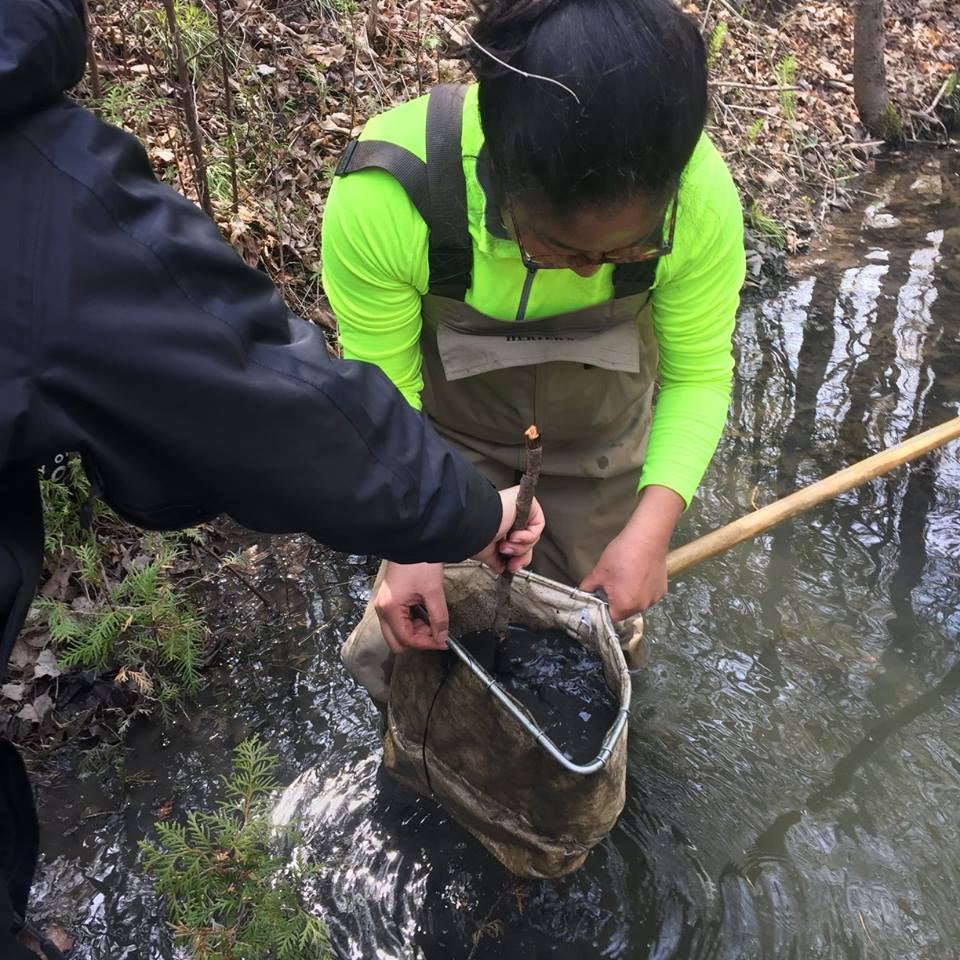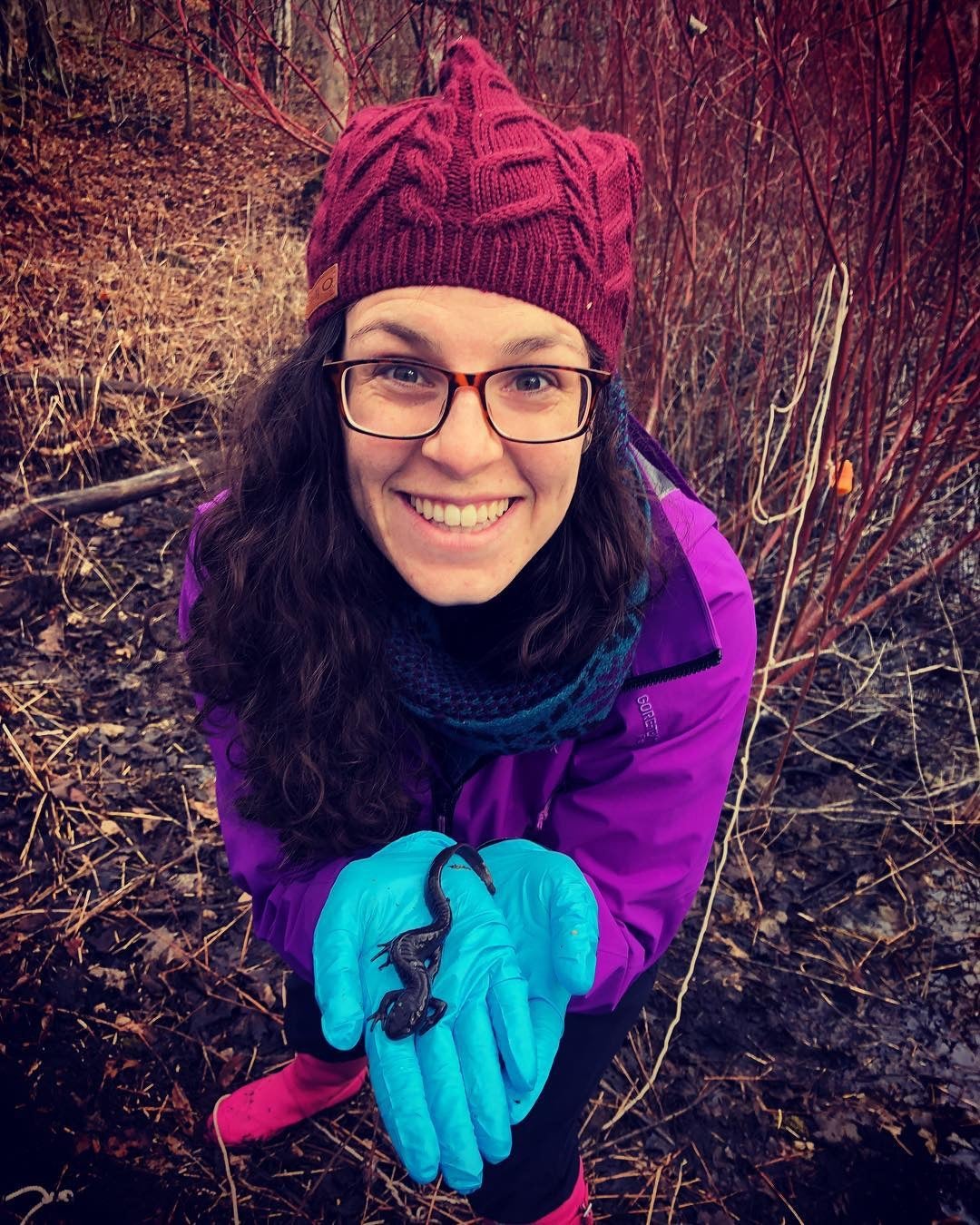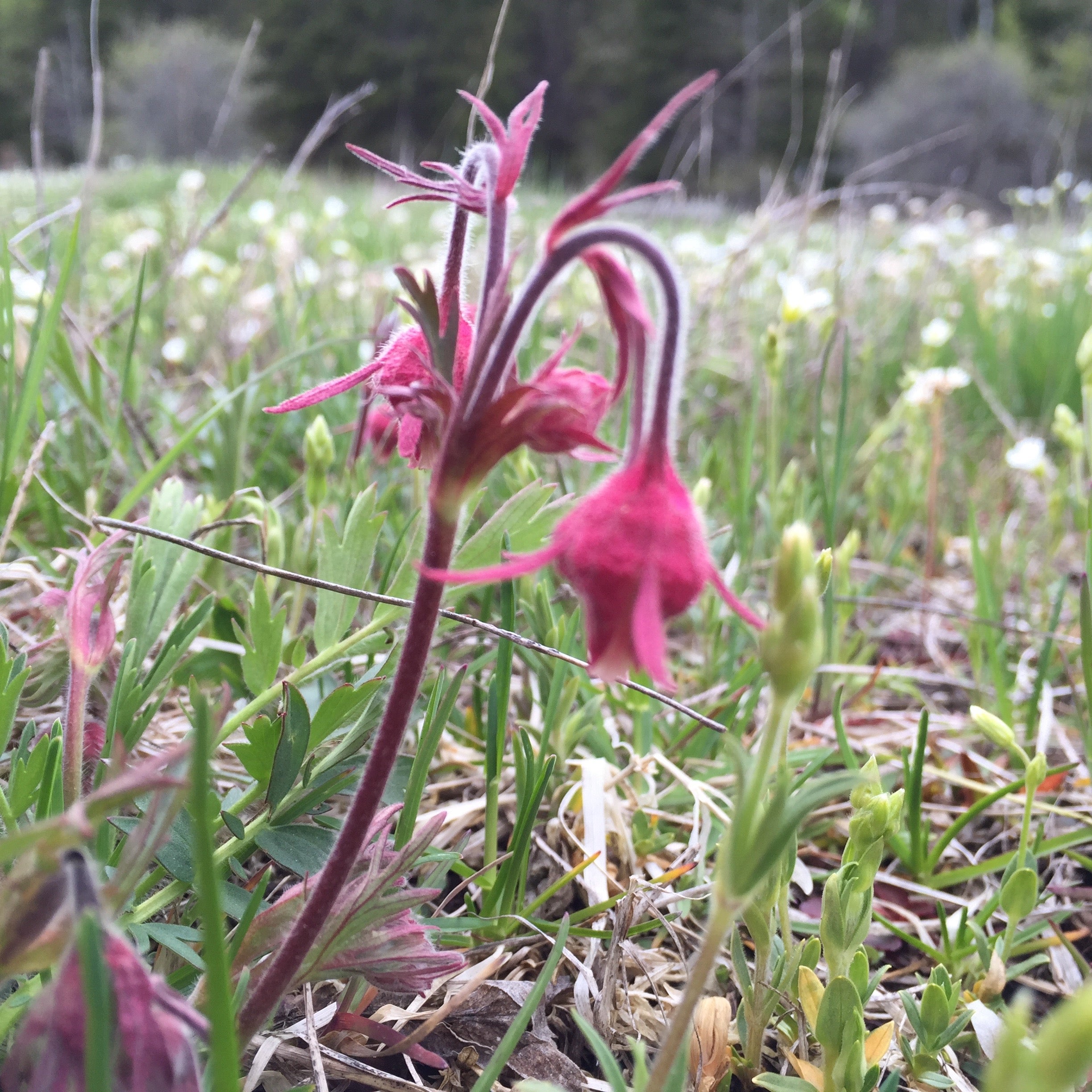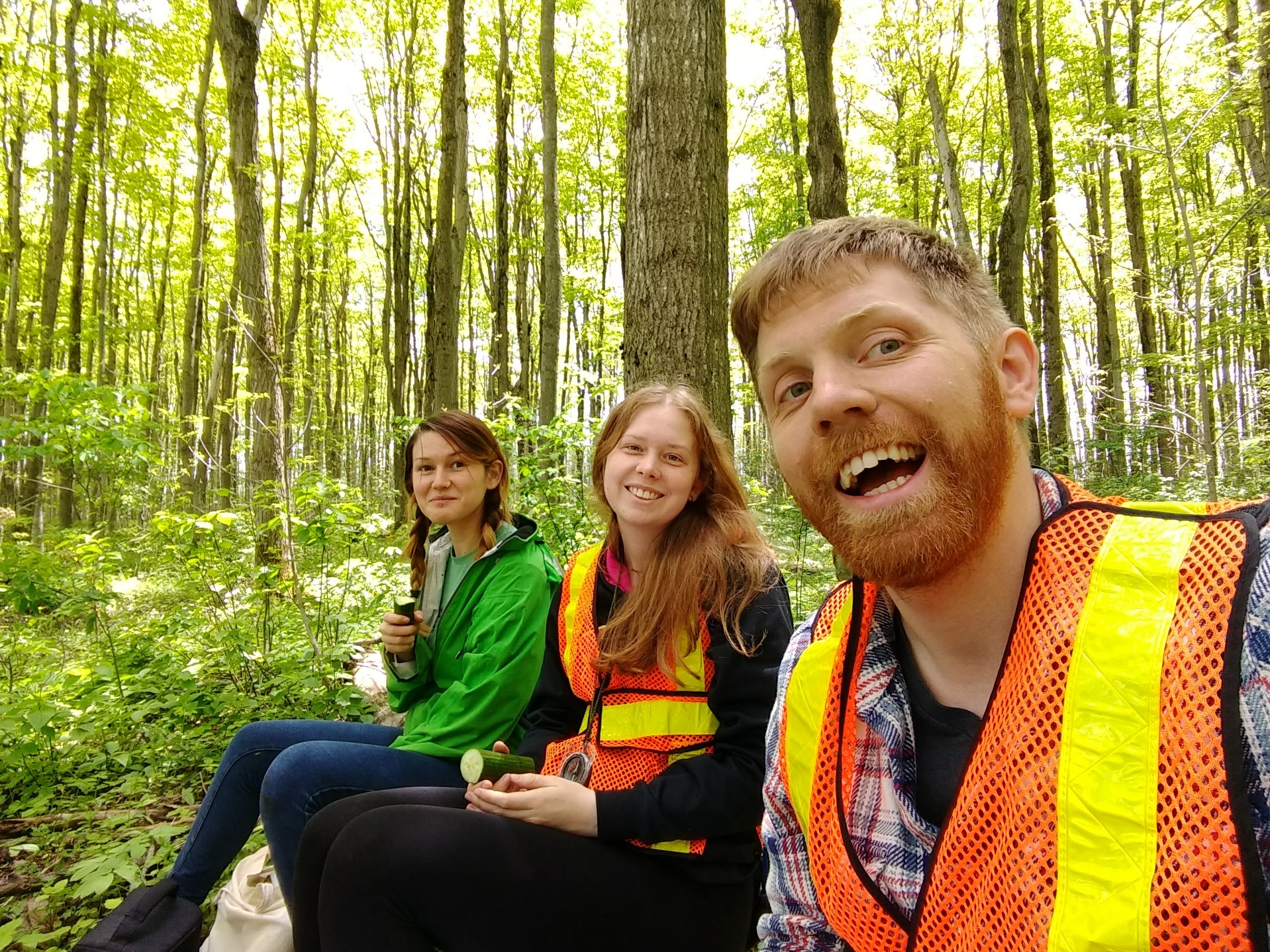Conservation and Restoration Ecology (CaRE): You break it, We fix it, Revisited
The research group that I run is rather ecumenical, mainly focused on – wait for it – conservation and restoration ecology but not neglecting the larger context of socioecological systems, translational ecology, policy, governance, and action.

The way I facilitate work is to ensure the students and post-docs in the group lead their own projects, based on their interests. You don’t get bored studying what you love. I simply provide a big umbrella comprised of restoration and conservation.

We focus on getting our work used by the private, public, and NGO sectors. While Richard Feynman had massive flaws as a person, he was right when he said: “The prize is the pleasure of finding a thing out, the kick in the discovery, the observation that other people use it — those are the real things.”
Current PhD student and WCS Director of National Conservation Dan Kraus outlined a more policy based paper with me and Prof. Derek Armitage on how to recover Canada’s engendered species. Current and recent PhD students Tim Alamenciak and Dorian Pomezanski led a strategic review on the state of ecological restoration as part of a national collaboration with more coming soon from PhD student Stephanie Cruz Maysonet.

Like technology better? Well, we can offer you former PhD student Dr. Jonas Hamberg leading our work on rapid ecological restoration by using drones and collaborating with Dr. Roydon Fraser, Dr. Andrew Trant and Dr. Derek Robinson.
Former PhD. Student Dr. Michael McTavish led research on what the ubiquitous non-native earthworms do to actually degrade the natural state of soils (yes, they are invasive and non-native). Former PhD student Dr. Heather Cray and former post doc (also a former SERS undergraduate student) Dr. Justin Gaudon also worked on what the earthworms do to prairie ecosystems. And we have had all these fine ‘ecology doctors’ work on a collective paper on something completely different – the ecology of noise.

SERS and my group take mentoring students seriously and take the long-term path to solutions, which is why multiple generations of SERS undergraduate students have worked on theses that led to a collective work on my own first focus – allelopathic pollen, i.e. pollen that KILLS (cue dramatic music!).
Restoration, conservation, policy, practice, endangered species, ecology, earthworms, pollen, life, and death. What more can you ask for?